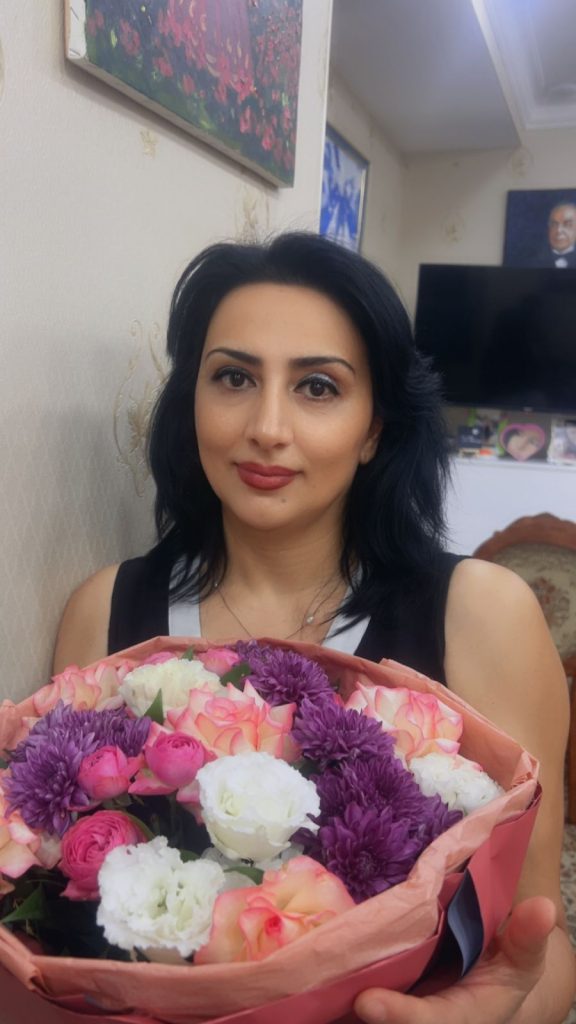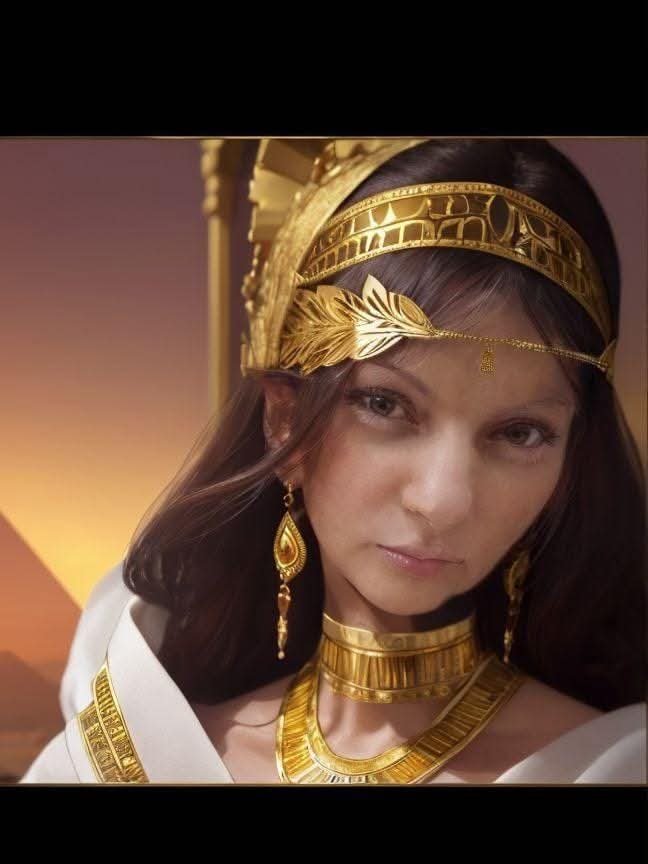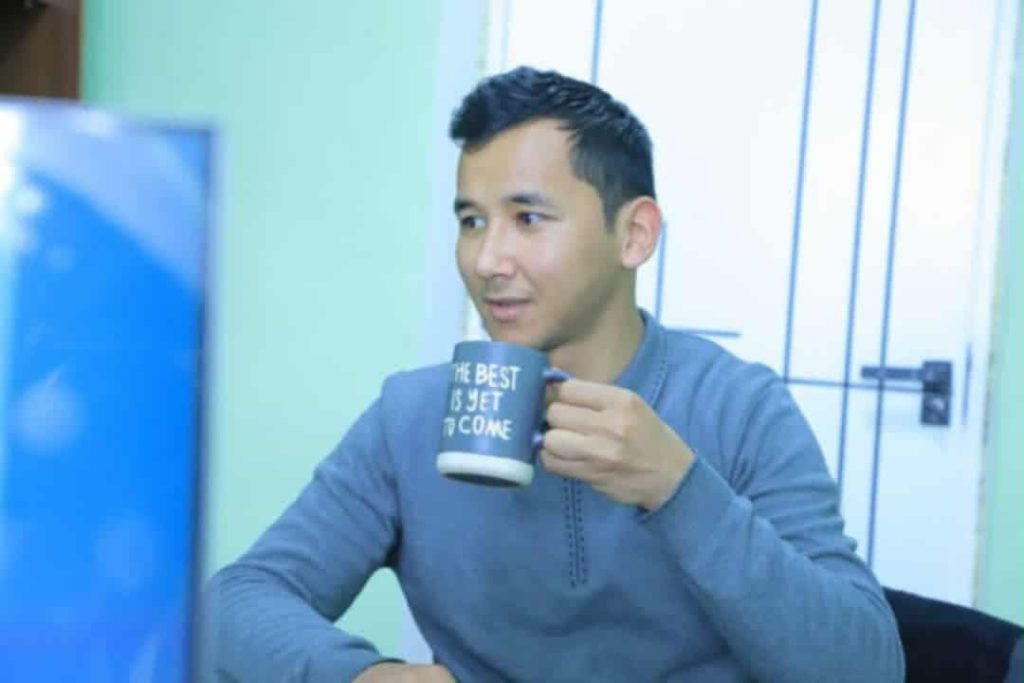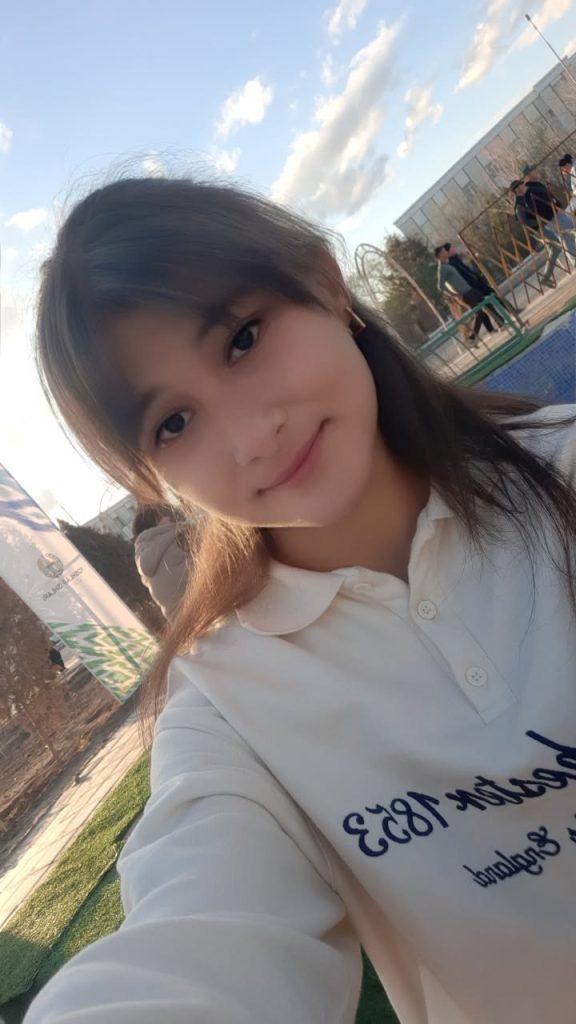Afternoon
A person’s life is but a walk on an afternoon
from the louvered window where dark clouds roll
to the meadow where sunlight still shines bright
is equivalent to a sleep, dreaming oneself
Huge cloud symbols hang low as the hand of fortune
there is a kind of forgetting that cannot be foretold
its shadow crouches on the roof, panting
sunlight is bright, as if it will never fade
I once searched for pollen on the grass
a strong wind blew from the clouds. When I returned
I found the river under the door had long since gone
hanging beneath Mars
The afternoon, refusing to end, pushes away the setting sun
the house of a lifetime slips from the shoulders
all flowers on the grass have turned black
flesh escapes from the petals
a flower’s life shortens to a single kiss
The afternoon, delaying its upgrowth, tell me
who is it, at the speed of a tower’s shadow leaning
fading away in the act of walking
January 4, 1992
Sunset Glow
When the sunset glow unfurls the whole day
a pillar of unearthed radiance shoots up to the sky
you have a thousand reasons to step into coolness
like a horse, walking toward heaven’s feast
The sunset glow appeared early, first in the lungs
then spread to the face
if it burns, it’s a sick child
pouring out roses of imagination
Unfurl, brilliant sunset glow
you’ve burned for too long
that even the form you drag is rotting
yet link a child’s loneliness to a distant place
Now he lives only by his flaws
possessing more landscapes, but unable to hold any
just as the first sunset glow belongs to another land
allowing a white horse to return whiteness to transparency
January 8, 1992
The Black Tower
The first floor will house a woman of non-being
her long hair upsets flowing water
regaining a ghost in the vacancy of her body
The second floor houses a graceful emperor
who abandoned his throne and glory
to pursue a phantom, an echo
Stones thrown from the third floor
scatter across the snow
walking emptily, to gather on the moon
The spire raised toward eternity
occupies the cold
gathers light, the air grows sharp
In the basement, dogs are kept, and devils too
they crawl filthily on the steps, whimpering
pressure makes the darkness seem solid
January 15, 1992
The Setting Sun
The setting sun displaces the scenery in my heart
like a drowning man, searching for traces of his own passing
the setting sun, dividing dizziness evenly among the day’s clouds
An hour’s setting sun reflects into the living room
guests in feathered robes wear restless faces
their white seats roll down from on high
a winter freight train maintains a calm speed
after slopes and tunnels
the setting sun stretches boundless, a winter freight train
gobbling the distance, excreting
stations, snow-laden yards, the living room beneath clouds
a great fire reddens the clear nerve of a needle
If things transform, the setting sun will be the hinge
when summer’s light and shadow, from bread to book pages, enter humanity directly
all evening, snow falls on the railroad ties
and our thoughts, mixed into the darkness
a life confined by the setting sun—who can still step outside
to see the setting sun without end, snow oozing tears under pressure
the living room collapses when glanced back at, flames blazing inside the body
Let a few summers ripen on our bodies, toil bitterly
we poets, grown wealthy, overflow in the living room
go lie beside the witch next door, then lie cold
easily ended by a single word
The setting suns overlap. Weaving hands never pause—
here we are, the stove warming our bodies, making them weak
when you tire of thought, we are silence
balancing your conversations
we are echoes, easily spoken
an hour’s beauty, reflected by the setting sun into the fire
In unusually calm air, the setting sun slices skin
pointing to griefs of early years
the man who’s been away from home five years returns from the dust
mouth holding tiny spring fish fry, crying like a bird
he lingers long before the door
until another spring, the pond fills once more
January 15, 1992
Butterfly
A butterfly is a sleep longer than a lifetime
it shakes off the material that clings to it
entering another dimension of existence
as brief as the radiance of summer
who is dreaming of the butterfly, never waking in whole lifetime
It makes me think of fallen leaves and snow, the early days of the foliage
of the brave mother beneath the tree
she opened the brass dressing case
waiting for someone’s whole life
Shifting ceaselessly in the mood, the butterfly
carries emptiness within its body
appearing in someone’s dream
it does not dream of anyone
whoever it touches vanishes in mid-flight
like a phantom reclaimed by the mirror
Brief, yet longer than our whole life
when it alights, the dark cry of dust surges up to our fingertips
when it flies along the long plane of a person
the dream it unfolds is darker and deeper than hope
January 15, 1992
Crescent Moon
Before the crescent moon rises, we are in darkness
wordless and awkward
souls are right beside us
yet we have not yet been born
The crescent moon rises, all things smaller and colder
behind the moonlight live some other kinds of petals
they lean down, crossing the boundary
like coffins unaware of which world they belong to
If the crescent moon rises
the flowing water will glimmer with silver light
whoever stores spring branches at this moment
their hope will come to nothing
With honey of many uses
anoint our parts
that graceful climate, the chatter of old age
in the dazzling air that records glory
recall the history of the soul
And on the moon, it is always snowing, snowing stones
ten thousand hectares of dust, not falling for a long time
The moon has risen
the moon regains ghosts in the hollows of the body
the world is darker; we once dwelt on the moon
now none of us survive
January 19, 1992
Word: Bees Fluttering
Bees, fluttering over early autumn grapes
at the fruit stall by the crossroads, like sailors in striped shirts
drunk and staggering, carrying a whole world
pointing out the sweetest cluster for you
As long as bees flutter, this world will never vanish
their frail bodies, storing pollen of the departed
they were once just bees, once seen
on window screens dented by the wind after rain
Stinging autumn’s increasingly transparent skin
childhood is shorter than a moment of pain
who secretly pinches the morning glory’s bell
listening to angry dark clouds roll inside
Who passes noon carrying a world no longer whole
and sees bees fluttering. “Buy some, brother
just picked fresh!” “How much to buy
that swarm of bees on your grapes…”
Bees fluttering. They were once a swarm of bees
later turned into a word, stored in the radio
a monotonous sound. Now it’s bees returning, not the word
but they bring more words: a poem
with nine “bees” inside
January 21, 1992
Ma Yongbo was born in 1964, Ph.D, representative of Chinese avant-garde poetry, and a leading scholar in Anglo-American poetry. He is the founder of polyphonic writing and objectified poetics. He is also the first translator to introduce British and American postmodern poetry into Chinese.
He has published over eighty original works and translations since 1986, including nine poetry collections. He focused on translating and teaching Anglo-American poetry and prose, including the work of Dickinson, Whitman, Stevens, Pound, Amy Lowell, Williams, Ashbery, and Rosanna Warren. He published a complete translation of Moby Dick, which has sold over 600,000 copies. He teaches at Nanjing University of Science and Technology. The Collected Poems of Ma Yongbo (four volumes, Eastern Publishing Centre, 2024) is composed of 1178 poems celebrating 40 years of writing poetry.






